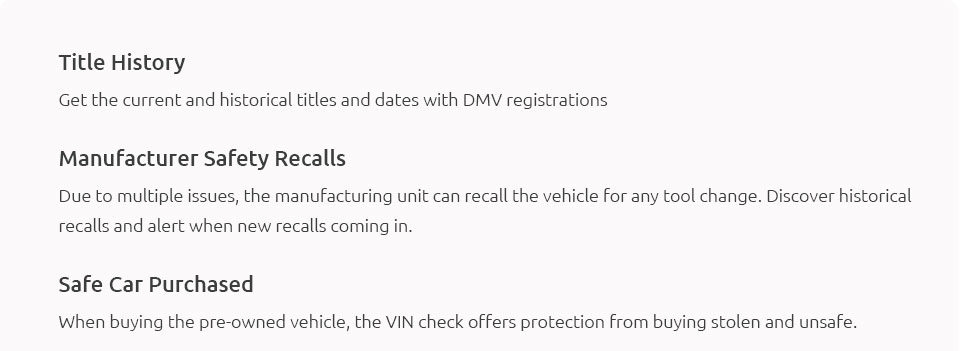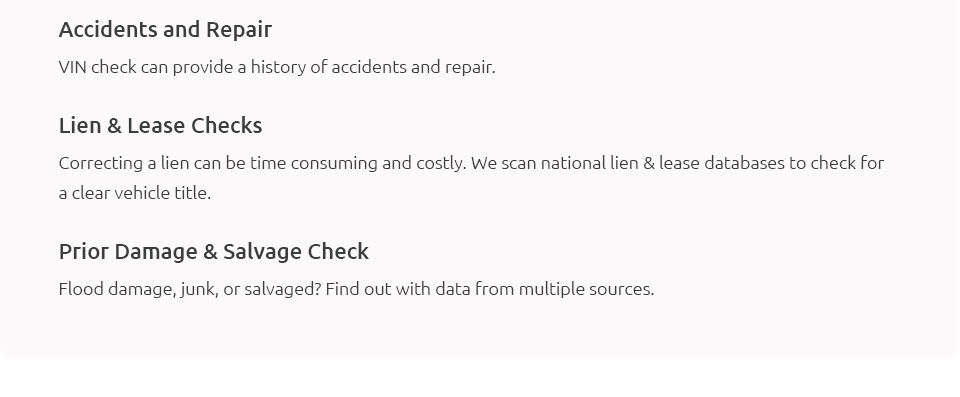 |
 |
 |
 |
 |
||
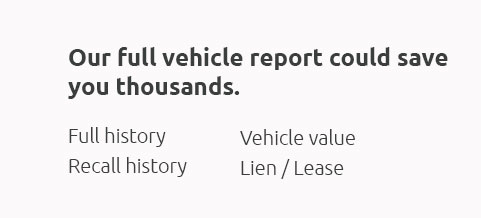 |
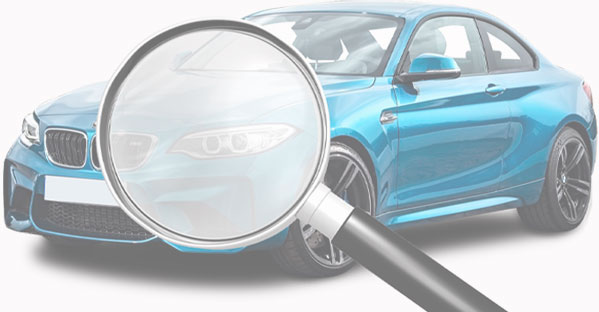 |
|
 |
 |
|
 |
 |
 |
 |
||
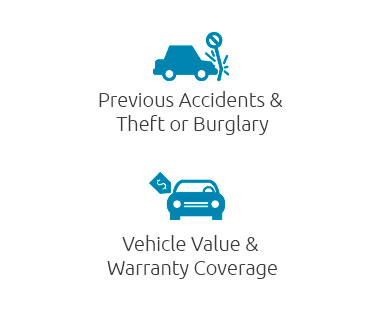 |
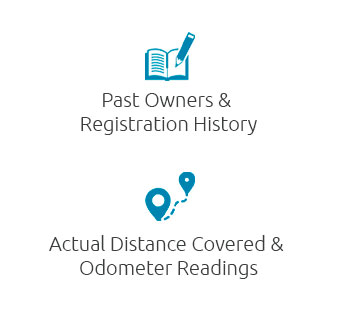 |
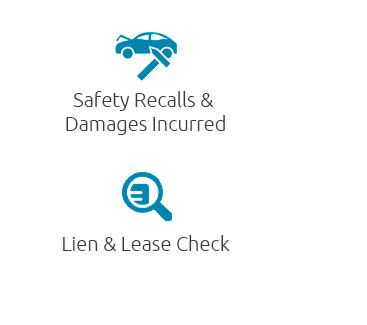 |
 |
 |
 |
||||
|
||||
 |
 |
Exploring Vehicle Owner Lookup by VIN: A Comprehensive GuideIn the modern age, the Vehicle Identification Number (VIN) has become a pivotal element in the automotive industry, akin to a fingerprint for vehicles. Understanding the nuances of a vehicle owner lookup by VIN can empower consumers, protect buyers, and offer clarity in an otherwise opaque market. First, let's delve into what a VIN is. Essentially, it is a unique code consisting of 17 characters, both letters and numbers, assigned to every vehicle when manufactured. This alphanumeric sequence provides detailed insights about a vehicle, including its manufacturer, model, production year, and more. However, one of the most intriguing aspects for many is the potential to trace the ownership history of a vehicle using this code. Conducting a vehicle owner lookup by VIN can be particularly beneficial when purchasing a used car. It serves as a safeguard, ensuring that buyers are informed about the vehicle's past, revealing critical data such as previous accidents, title issues, and yes, ownership history. This knowledge can prevent potential pitfalls, like acquiring a car with a questionable past or unresolved financial encumbrances. However, it's imperative to approach this process with a nuanced understanding. While VIN lookup services can provide a wealth of information, accessing the details of previous owners is often restricted due to privacy regulations. The Driver's Privacy Protection Act (DPPA) in the United States, for instance, places stringent limitations on the disclosure of personal information collected by the Department of Motor Vehicles (DMV). That said, there are legitimate channels through which one might perform a VIN-based vehicle owner lookup.
It's worth noting that, while the allure of unearthing a vehicle's history can be tempting, one must tread carefully. Unauthorized attempts to access personal information can lead to legal repercussions, not to mention ethical concerns. Thus, it's advisable to remain within the bounds of the law and leverage legitimate channels when conducting a vehicle owner lookup by VIN. In conclusion, the VIN serves as a gateway to a vehicle's history, offering potential buyers peace of mind and a clearer picture of what they might be acquiring. While the path to discovering ownership details is fraught with challenges due to privacy laws, the available information can still be invaluable. As with many things in life, balancing the desire for information with respect for privacy is paramount. Ultimately, whether you're a potential buyer, a curious enthusiast, or someone with a vested interest in a particular vehicle's past, understanding how to navigate the landscape of vehicle owner lookup by VIN can be both empowering and enlightening. https://www.carvertical.com/blog/vehicle-owner-lookup-by-vin
Reveal the history of your vehicle with our comprehensive history check. Get a history report and learn about damage, mileage, theft, ... https://www.reddit.com/r/OSINT/comments/1b0x7cp/vin_to_owner/
There are also some records of vehicle sales, so I believe that is how some sites know current or previous vehicles of people. And breach ...
|

